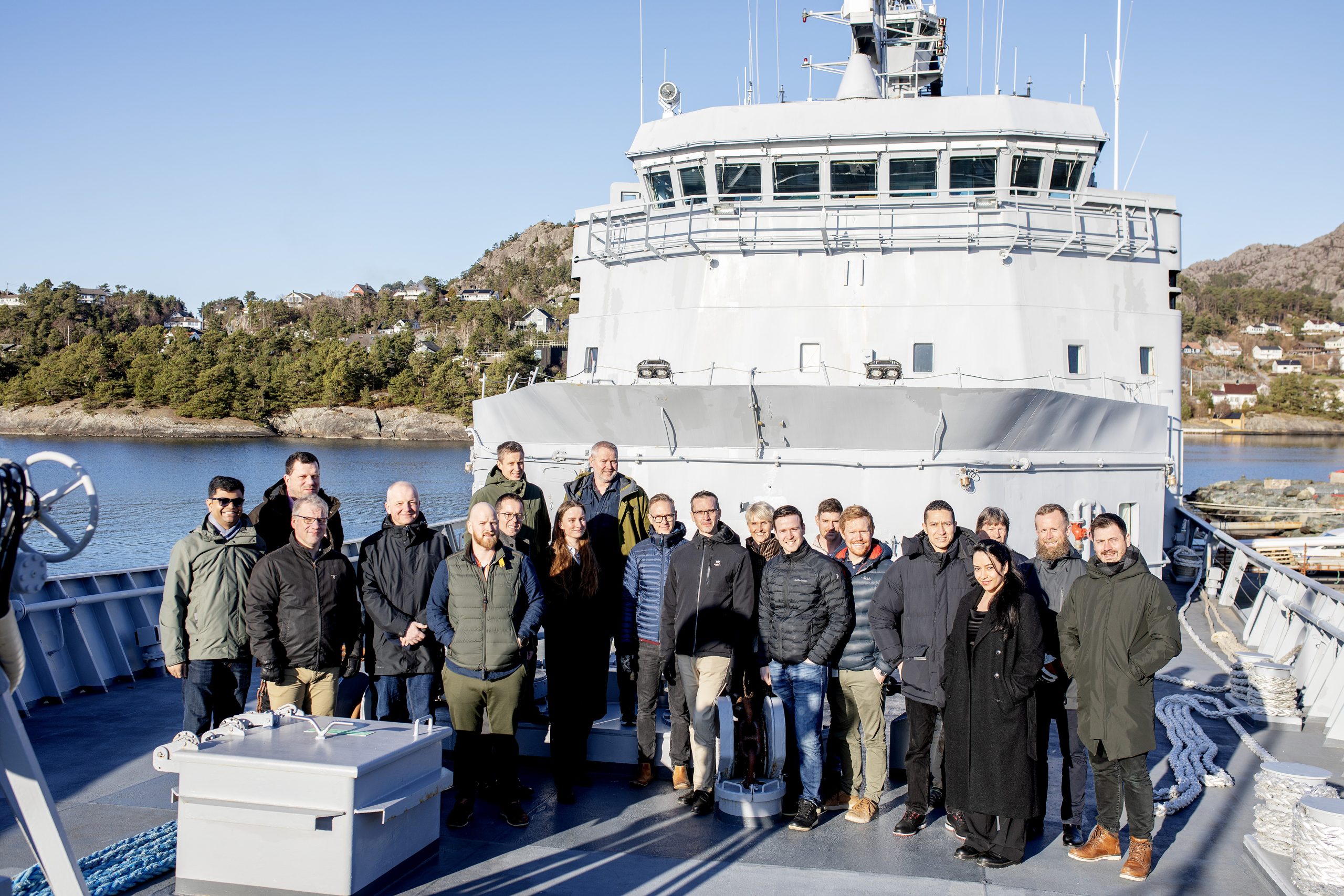


The current global fleet contributes significantly to emissions, relying on conventional power systems that are not optimized for renewable energy integration. To address these challenges, the EU has granted €7,8 million to the STEESMAT project, aimed at developing groundbreaking power distribution systems for the zero-emission ships of the future.
Spearheaded by Maritime CleanTech, 13 European partners will collaborate on the development of an innovative power distribution system tailored to the needs of tomorrow’s emission-free vessels. This cutting-edge technology will simplify the integration of modern green energy sources while optimizing the efficiency of existing solutions. The project is expected to drive substantial emissions reductions across the maritime sector.
A Major Step for the Norwegian Maritime Industry
“The Norwegian maritime industry is a global leader in green solutions, and this project represents another technological leap forward. The €8 million in EU funding enables us to develop solutions that not only cut emissions but also streamline the adoption of sustainable energy sources. I am proud of our partners, who are working together to create a more efficient and climate-friendly shipping industry,” says Ada M. Jakobsen, CEO of Maritime CleanTech.
Targeting a 40% Emissions Reduction
The newly launched STEESMAT project will develop an innovative power system based on Medium Voltage Direct Current (MVDC), replacing today’s conventional alternating current (AC) systems.
By enabling engines to operate more efficiently at variable speeds, the system will facilitate the seamless integration of multiple renewable energy sources on large vessels, including batteries, solar panels, fuel cells, and wind turbines. The STEESMAT system will also reduce vessel weight and overall energy consumption. With the potential to cut emissions by up to 40%, this represents a critical technological breakthrough, positioning European industries at the forefront of sustainable maritime innovation.
Real-World Testing on Former Coast Guard Vessel
The former Norwegian Coast Guard vessel, KV Senja—now renamed RV North Star—will serve as a floating laboratory for the project. The ship will be outfitted with the new MVDC system to be tested under actual sea conditions.
“We are excited to leverage our test facilities to develop new solutions that will help reduce emissions from global shipping. The technology will first be tested at our onshore facility before being demonstrated at sea aboard the RV North Star,” says Willie Wågen, CEO of the Sustainable Energy Catapult Centre, who has made the vessel available as a test platform for the project.
With increasingly stringent international regulations and rising costs associated with shipping emissions, the STEESMAT project is a key component of the EU’s green shipping strategy, aiming for commercialization of the new technology by 2029.
About Maritime CleanTech
Maritime CleanTech is a Norway-based public-private partnership dedicated to developing sustainable shipping solutions and driving energy transition. With over 150 industry members, the organization leads numerous EU-funded initiatives that foster technological innovation and the development of new industries and value chains.
Consortium partners:
| Maritime CleanTech, Norway | Fraunhofer ISIT, Germany |
| Wärtsilä Norway, Norway | Sustainable Energy AS, Norway |
| Eaton Industries GmbH, Germany | Eaton Elektronichnika SRO, Czech Republic |
| Université de Technologie de Belfort-Montbéliard, France | Lappeenranta-Lahti University of Technology, Finland |
| Danfoss Drives Oy, Finland | Norges teknisk-naturvitenskapelige universitet (NTNU), Norway |
| The Switch Engineering OY, Finland | DNV, Germany |
| Open Direct Current Alliance (ODCA), Germany |
